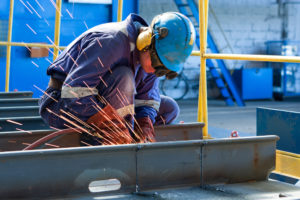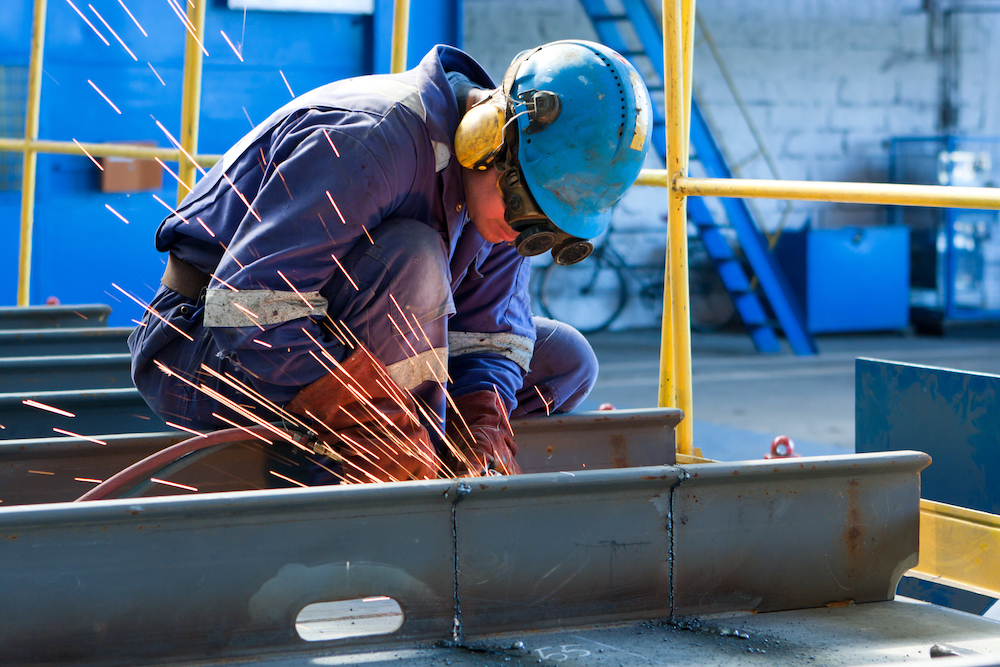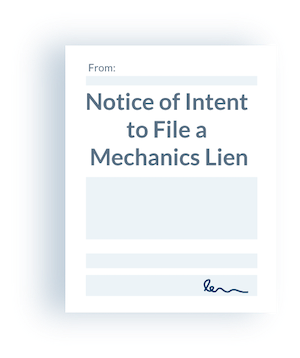
Electrical Marketing’s LiveWire, citing the Fargo-Moorhead Inforum blog, reported yesterday that three North Dakota Indian tribes plan to start construction of a $400 million refinery near Makoti, N.D. You probably already know this, but there is enormous demand for diesel fuels in North Dakota, which has spurred a ton of development in the state. The development comes in two forms: (i) Building refineries to produce the product; and (ii) Building towns around the refineries to house, feed and entertain everyone working.
This has come to a huge boom to the state, which is otherwise known as being the least visited state in the union (and probably previously owning the lowest level of construction activity)
This brings our minds to the North Dakota mechanics lien laws and how contractors and suppliers can use lien protections to ensure they get paid. As you’ll see in this article this can be a bit tricky. While North Dakota’s mechanics lien laws are pretty straightforward, there are potential pitfalls since some of the land is tribal land and some of the work isn’t “construction.”
North Dakota’s Mechanics Lien Law Generally
North Dakota mechanics lien must be filed within 90 days of last furnishing labor or materials. A notice of intent to lien must be served at least 10 days before the lien is filed. Knowing the North Dakota mechanics lien law basics is important before venturing into applicable nuances. Thankfully, the mechanics lien requirements are quite simple.
North Dakota does not require preliminary notice, and therefore, claimants need not really worry about mechanics lien compliance in the state until they are confronted with a non-payment situation. When so confronted, however, claimants need to act fast.
A mechanics lien must be filed in North Dakota within 90 days from last furnishing labor or materials to the construction project, but before this, a notice of intent to lien must be served. This notice of intent must be served at least 10 days before filing the mechanics lien. Accordingly, claimants must make a decision on the lien and start moving at least 79 days after last furnishing labor or materials.
Can A Mechanics Lien Be Filed Against A Refinery?
A lien can be filed, but potential claimants must be careful to not confuse a mechanics lien (for construction work) with an oil & gas lien (for refining work). The first nuance about the development in North Dakota relates to whether a mechanics lien can be filed at all on the work being done in that state. The answer is yes, but potential claimants must be careful to not confuse a mechanics lien (for construction work) with an oil & gas lien (for refining work).
In the case of the above $400 million project to construct a refinery, a mechanics lien would ordinarily be a potential remedy for an unpaid contractor or supplier (see possible exception related to tribal land in below section). This is because the project is the actual construction and building of the refinery. However, once the refinery is up and running, any materials or labor furnished to the refinery for the purposes of mining for minerals would not be considered an “improvement” to the property subject to a mechanics lien.
An “improvement” in North Dakota is defined as follows:
Any building, structure, erection, construction, alteration, repair, removal, demolition, excavation, landscaping, or any part thereof, existing, built, erected, improved, placed, made, or done on real estate for its permanent benefit.
While a creative lawyer may be able to make the argument that work furnished to a property to refine or mine for minerals is an “improvement” that qualifies the provider for a construction lien, it is more likely than not that the argument would lose (I think). This is different than the construction of the refinery itself, which is clearly an improvement. Understand the distinction and know what type of lien you can file.
Your Mechanics Lien Rights When Working On Tribal or Indian Land
The $400m project referenced above is certainly an improvement and therefore, gets any prospective claimants through the first discussed nuance. This particular improvement, however, is potentially on tribal land, and this brings us to another nuance in the mechanics lien laws that is particularly relevant to places in the West like North Dakota, Washington, Colorado, and other states where there is a lot of tribal land and law.
What does it mean that tribal property is exempt from law and lien law? It means be very careful. We wrote about the clash between mechanics lien rights and tribal land in a previous post: Very Little Mechanic’s Lien Rights When Contracting With Indian Tribes or on Tribal Land.
The problem is that mechanics lien laws are a creature of statute. If you have a “lien” or “bond claim” right of any type it comes from the statutes of the state or the federal statutes. This is a problem when constructing on tribal land because these properties are subject to “tribal law,” and are therefore exempt from all of these lien laws.
What does that mean? It means be very careful.
There is a whole class of lawyers who dedicate their careers to dealing with contracting and litigating when services or materials are furnished to an Indian tribe. A great article on this subject was written by an Arizona attorney, Edward Rubacha, in Construction Contracts with Indian Tribes or on Tribal Land.
The above $400 million dollar project may be bonded, or it may not be. There may be some type of security device available to you, or there may not be. If this or a project like this comes across your desk, you should pay a little extra attention to it to make sure your company is as insulated from risk as possible. You don’t want to get stuck with an unpaid debt and only have the option to litigate in a tribal court.



